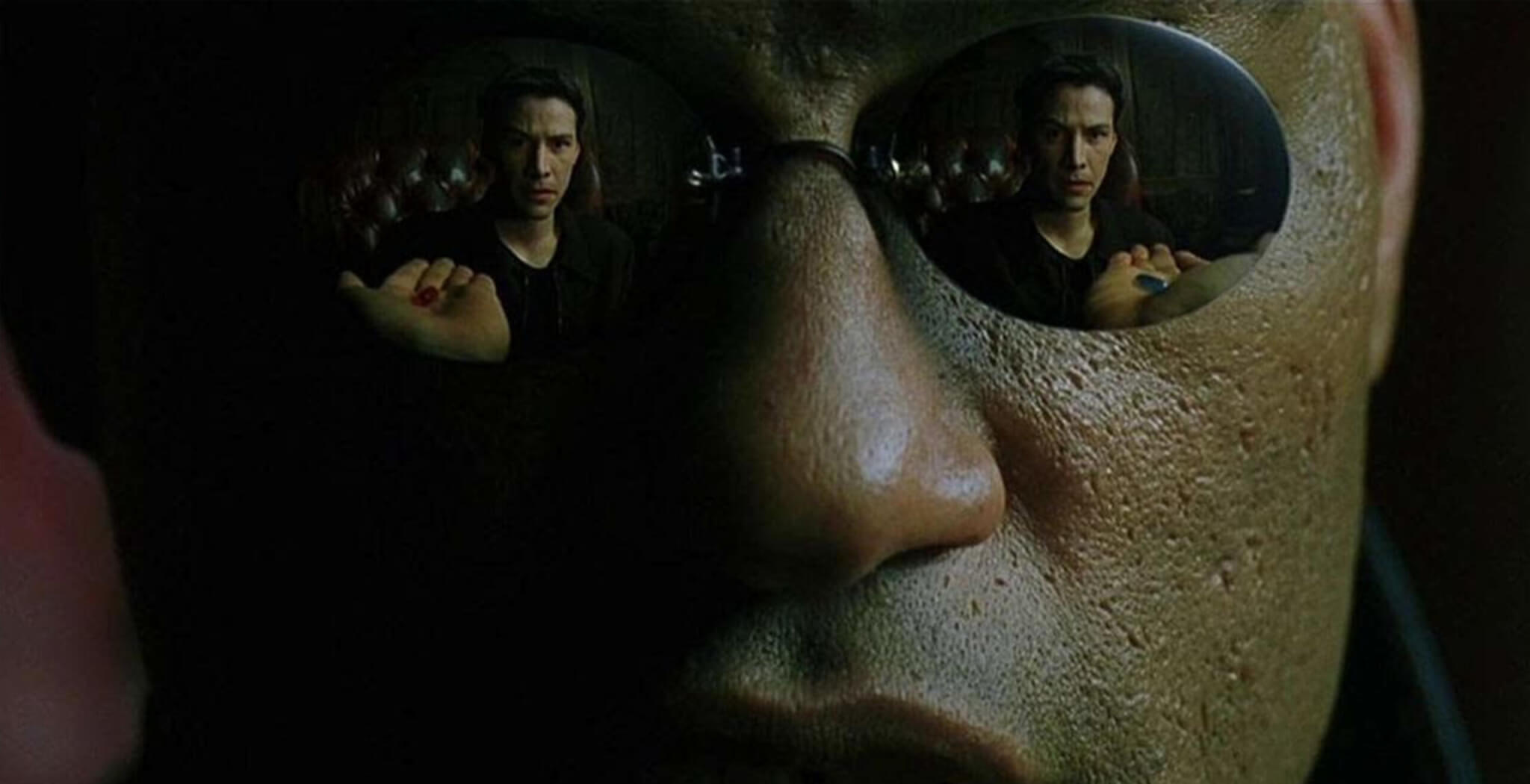Are we living in a computer-simulated AI universe akin to the plot of the famous Matrix trilogy? On Keanu Reeves’ birthday, with a fourth Matrix movie in the works, let’s delve into this intriguing concept. While often addressed but seldom seriously considered, the idea of our existence being a computer simulation might not be as far-fetched as it initially seems. Drawing inspiration from the 1999 film, The Matrix, and real-life computer capabilities, we can uncover some fascinating theories. Scientists and philosophers have extensively explored this concept and even find it highly plausible.
Rather than envisioning a conventional home computer creating simulated scenarios in a fabricated universe, let’s consider a larger-scale perspective. Oxford philosopher Nick Bostrom, in 2001, proposed that a “supercomputer—with a mass similar to a planet—could simulate a humanity-sized experience.” This astonishing claim suggests that such a computer could perform 1042 calculations per second and simulate the entire history of humankind, including thoughts, feelings, and memories, utilizing less than one-millionth of its processing power for a single second. Essentially, according to Bostrom, our entire physical universe and all of humanity could be data blips stored in the hard drive of a colossal supercomputer (source: “20 years after ‘The Matrix’ hit theaters, another sequel is in the works. Many scientists and philosophers still think we’re living in a simulation” from Insider Magazine).
Bostrom is not alone in his belief. Elon Musk himself asserts that the “odds of us being in base reality are one in billions.” Therefore, we might not even be the core simulation but merely one simulation among countless others.
At first, it may seem outlandish to entertain the idea that our surroundings are not real when they feel undeniably tangible every day. The cup you hold, the phone in your pocket, and the thoughts occupying your mind appear unquestionably real. However, even if it turns out that everything is simulated, our experiences would still feel real to us.
Humanity has made remarkable strides in technology, particularly in the field of AI. These advanced computers possess a certain level of autonomy in their decision-making. While not claiming certainty, it is worth considering various scenarios for our creation. The ongoing debate on existence will persist, with humans constantly seeking answers about our origins. From a subjective standpoint, every possibility remains plausible, especially when considering the immense intelligence of a superhumanly smart entity like a computer. Perhaps we did not invent computers, but rather stumbled upon something that already existed.
This contemplation offers food for thought and invites us to consider the nature of our reality.



























